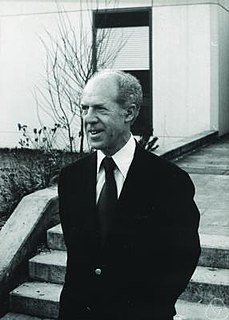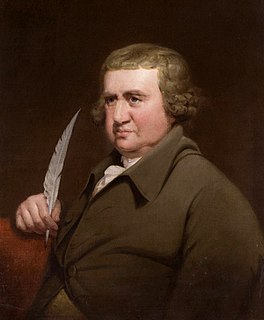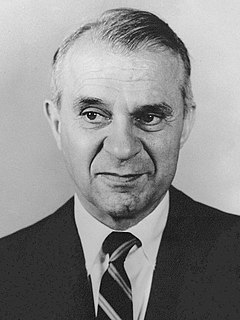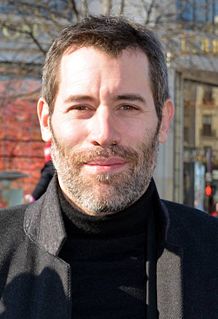A Quote by Robert Higgs
Nothing has done more to render modern economic theory a sterile and irrelevant exercise in autoeroticism than its practitioners’ obsession with mathematical, general-equilibrium models.
Related Quotes
There are some modern practitioners, who declaim against medical theory in general, not considering that to think is to theorize; and that no one can direct a method of cure to a person labouring under disease, without thinking, that is, without theorizing; and happy therefore is the patient, whose physician possesses the best theory.
An old French mathematician said: "A mathematical theory is not to be considered complete until you have made it so clear that you can explain it to the first man whom you meet on the street." This clearness and ease of comprehension, here insisted on for a mathematical theory, I should still more demand for a mathematical problem if it is to be perfect; for what is clear and easily comprehended attracts, the complicated repels us.
It had been held that the economic system, any capitalist system, found its equilibrium at full employment. Left to itself, it was thus that it came to rest. Idle men and idle plant were an aberration, a wholly temporary failing. Keynes showed that the modern economy could as well find its equilibrium with continuing, serious unemployment. Its perfectly normal tendency was to what economists have since come to call an underemployment equilibrium.
If the system exhibits a structure which can be represented by a mathematical equivalent, called a mathematical model, and if the objective can be also so quantified, then some computational method may be evolved for choosing the best schedule of actions among alternatives. Such use of mathematical models is termed mathematical programming.
String theory has had a long and wonderful history. It originated as a technique to try to understand the strong force. It was a calculational mechanism, a way of approaching a mathematical problem that was too difficult, and it was a promising way, but it was only a technique. It was a mathematical technique rather than a theory in itself.
I'll probably take the prize for the most irrelevant degree. Although some of the things now where they study, you know: "post feministic colonial film theory" - those kind of majors, yeah, that's probably worse. But I was, you know, classics, Greek and Latin, like what's more irrelevant than dead languages, you know?
In fashion, of course, the way that women are dressed now - and also a vision of the modern woman, the woman of today. She's very feminine, but at the same time, extremely free. A Saint Laurent woman is actually very Parisian. She's not really a man's equal, she's his adversary. I worked on the catwalk with two models who worked with Yves Saint Laurent for more than 10 years. They're not just gorgeous models, they're more than that - they're very smart and very beautiful. They're more than models, they're really unique; it's personality. It's more than just fashion.


































